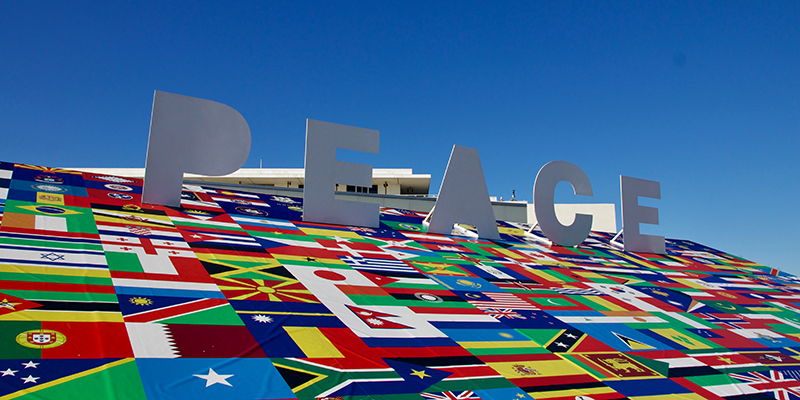Our Digital Future: The Security Implications of Metaverses

Our Digital Future: The Security Implications of Metaverses
Key Points
- Although the concept of a metaverse or metaverses is not new, current developments in the creation of possible metaverses offer credible prospects of generating increasingly immersive digital experiences that will also provide people with more information, connections and knowledge than ever before.
- However, metaverses are also likely to exacerbate existing risks surrounding the increased digitalisation of our lives and the role of social media companies in our societies, such as the spread of disinformation or increased societal polarisation. Similarly, technology companies’capacity to collect private data and profile users will also increase.
- Growing levels of immersivity will reinforce risks such as increased digital crime or extremist radicalisation, but will also create new ones that pertain to cognitive manipulations. This could lead to the transformation of social organisations and a questioning of the legitimacy of traditional institutions.
- Metaverses also offer new dimensions for power politics and geopolitical confrontations, and a platform for conducting cognitive warfare.
- Responsible innovations and security-by-design must be the guiding principles of efforts to develop metaverses.
Dr Jean-Marc Rickli is the Head of Global and Emerging Risks and the Founder and Director of the Polymath Initiative at the GCSP. He is also the co-chair of the Partnership for Peace Consortium (PfPC) Emerging Security Challenges Working Group and a senior advisor for the Artificial Intelligence Initiative at the Future Society. He is the co-curator of the International Security Map of the Strategic Intelligence Platform of the World Economic Forum. He is also a member of the Geneva University Committee for Ethical Research and of the advisory board of Tech4Trust, the first Swiss startup acceleration program in the field of digital trust and cybersecurity. Prior to these appointments, Dr Rickli was an assistant professor at the Department of Defence Studies of King’s College London and at the Institute for International and Civil Security at Khalifa University in Abu Dhabi. In 2020, he was nominated as one of the 100 most influential French-speaking Swiss by the Swiss newspaper Le Temps. Dr Rickli received his PhD in International Relations from Oxford University. His latest book published by Georgetown University is entitled Surrogate Warfare: The Transformation of War in the Twenty-first Century.
Mr Federico Mantellassi is a Research and Project Officer at the Geneva Centre for Security Policy where he has worked since 2018. Federico’s research and writing focuses on how emerging technologies impact international security and warfare, as well as on the societal implications of their development and use. Federico is also the project coordinator of the GCSP’s Polymath Initiative; an effort to create a community of scientists able bridge the gap between the scientific and technological community and the world of policy making. Previously, he assisted in the organisation of executive education activities at the GCSP and was the project coordinator of the annual Geneva Cyber 9/12 Strategy Challenge. He holds a Master’s Degree in Intelligence and International Security from King’s College London, and a Bachelor’s Degree in International Studies from the University of Leiden. Federico speaks English, French and Italian.
About this publication
This publication is part of a special series of Strategic Security Analysis under the Polymath Initiative supported by the Didier and Martine Primat Foundation. For more information, please visit the Polymath Initiative website: https://www.gcsp.ch/the-polymath-initiative




